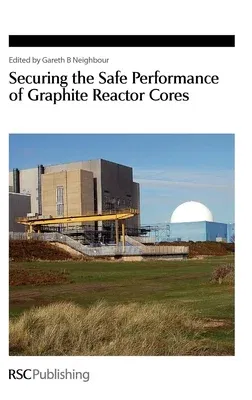Nuclear power currently contributes some 20% of the electricity needs of
the UK and is rising rapidly on the political agenda due to
environmental and economic factors, and yet all but one of the UK's
existing nuclear reactors is expected to close by 2023. The increasing
emphasis towards nuclear power rests on security of supply and reducing
carbon emissions. This comprehensive book provides an account of the
recent advances in securing safe performance of graphite-moderated
nuclear reactors both within the UK and abroad which underpin life
extension whilst maintaining high levels of plant performance. These
reactors rely on graphite as a moderator in the form of layers of
interlocked graphite bricks which undergo complex changes when exposed
over long periods to the effects of neutron irradiation and radiolytic
oxidation. The objective of this book is to outline the current
approaches in terms of assessment methodologies, surveillance and test
methods, performance prediction, graphite reactor decommissioning,
regulatory requirements and the relevance to future reactor designs. The
book is a sequel to the successful RSC publication "Managing of Ageing
Processes in Graphite Reactor Cores", but with the emphasis on the
challenges for the future safe performance. It is hoped that the
contributed papers will also help in the design, construction, operation
and eventual decommissioning of the new generation of graphite-moderated
reactors. Papers presented in the book represent contributions from the
most eminent specialists in the field and reflect the UK's contribution
over the past 50 years to graphite reactor technology that will remain
significant for years to come, especially in the development of
Generation IV designs. This seminal book is written in a way that takes
the reader from fundamental knowledge to reactor operation in a straight
forward and understandable manner - ideal for non-specialist as well as
a unique reference for the specialist. It is fully illustrated to aid
understanding and is relevant to a wide range of readers from policy
makers to reactor operators.

